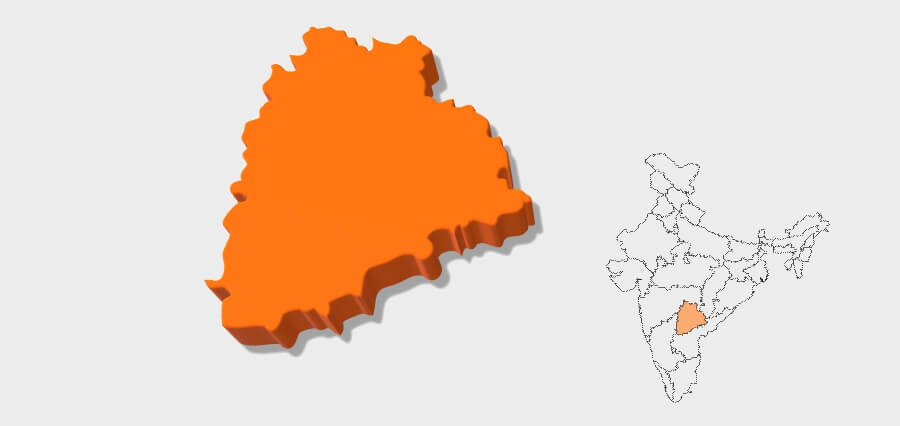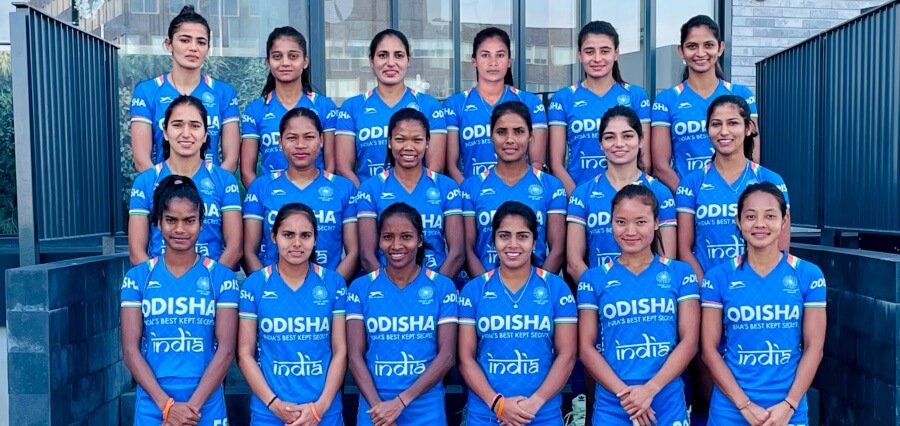On September 15, 2022, the Supreme Court issued a notice to the state, following a plea, and directed the commissioner under the RPWD Act to provide details regarding policies or directives concerning the granting of leave to parents of children covered by the statute.
The Supreme Court emphasized Monday that the participation of women in the workforce is a constitutional entitlement, and denying mothers childcare leave contravenes this principle. A bench comprising Chief Justice of India D Y Chandrachud and J B Pardiwala heard a plea from a woman, an assistant professor at Government College, Nalagarh, who asserted that the Himachal Pradesh government had refused her childcare leave to care for her child, who suffers from a genetic condition.
“The participation of women in the workforce is not merely a privilege but a constitutional entitlement safeguarded by Article 15 of the Constitution. The state, as an exemplary employer, cannot ignore the unique concerns that arise for women who are part of the workforce,” the bench stated in its order.
“The provision of child care leave to women sub-serves an important constitutional objective of ensuring that women are not deprived of their due participation as members of the workforce. Otherwise, in the absence of provision for child care leave, a mother may be constrained to leave the workforce,” it said.
This consideration applies more strongly in the case of a mother who has a child with special needs, “such a case is exemplified by the case of the petitioner herself”, the bench said.
The court said it is “conscious of the fact that ultimately the petition does trench on certain aspects of policy”, and added, “equally the policies of the state must be synchronous with constitutional safeguards”.
The Supreme Court emphasized the need for Himachal Pradesh to consider the comprehensive aspect of granting childcare leave to mothers, including making provisions consistent with the Right to Persons With Disabilities (RPWD) Act for mothers with children having special needs.
To address this issue, the court instructed the state chief secretary to establish a committee comprising the state commissioner appointed under the RPWD Act, the secretary of the Women and Child Department, and the secretary of the Social Welfare Department. This committee is tasked with examining all facets of the matter. The court mandated that the panel’s findings be presented to the appropriate authorities for the prompt formulation of a policy decision.
The woman, seeking childcare leave due to her son’s diagnosis of Osteogenesis Imperfecta, a rare genetic disorder, and subsequent surgeries, had exhausted all her sanctioned leave. However, her application was rejected by the state government due to the non-adoption of Rule 43-C of the Central Civil Services (Leave) Rules, 1972.
After the High Court dismissed her plea on April 23, 2021, citing the state’s failure to adopt Rule 43 (C), the woman appealed to the Supreme Court through Advocate Pragati Neekhra. She argued that the selective adoption of rules by the state contradicts the principles of a welfare state, the Constitution, and India’s obligations under various international conventions on women and child rights.





